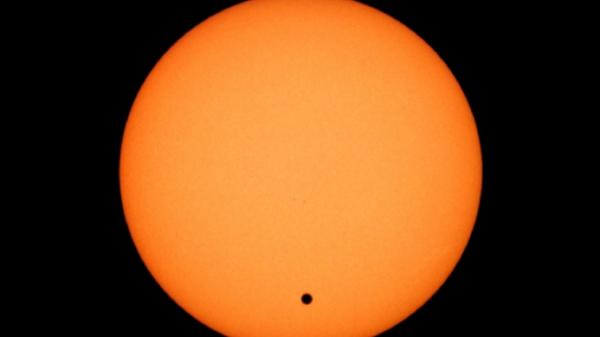Witnessing an astronomical event is a once-in-a-lifetime experience. Seeing a total solar eclipse, witnessing triple conjunctions of the planets, and gawking in awe at a comet passing across the sky are completely special, unique experiences. They may never happen again. Even if you’re looking for smaller events, like lunar and solar eclipses or the equinox, it’s important to plan to catch these magical events in the sky. It could be something you’re telling your grandchildren about one day.
Transit of Venus

The next pair of Venus transits won’t occur until 2117 and 2125. A transit of Venus means Venus passes directly between the sun and another superior planet. Because of this, it becomes completely visible against the solar disk. It looks like a small black dot moving across the sun. The previous transit of Venus took place on June 6th, 2012. It was the last Venus transit of the century.
According to Exploratorium, “Venus transits occur eight years apart—and then don’t happen again for more than a century. The last transit before 2004 took place in 1882.” The next one won’t occur until December 11th, 2117. It looks like our grandchildren will be the lucky ones to watch this next event (Exploratorium).
